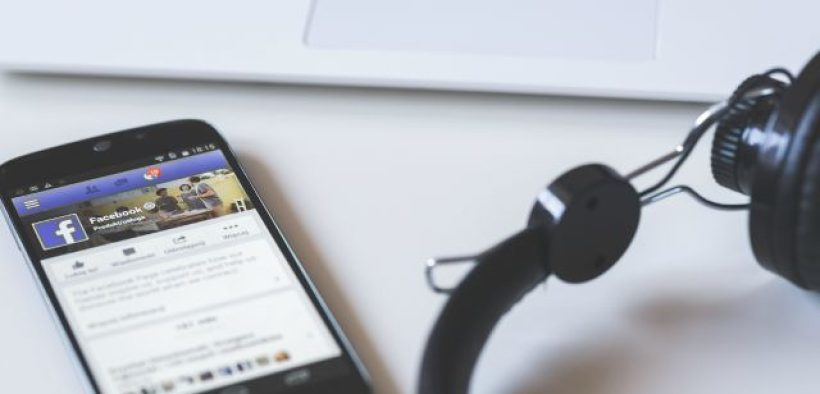Students in a general psychology course completed weekly surveys on various aspects of the class. They reported their attendance, and if they used laptops during class for things other than note taking (like checking email, instant messaging, surfing the net, playing games). They also rated how closely they paid attention to the lectures, how clear they found the lectures and how confident they were they understood the lecture material. The level of laptop use negatively correlated with how much attention students paid to the lectures, the clarity of the lectures and how well they understood the lecture material. “The level of laptop use was significantly and negatively related to student learning. The more students used their laptops in class, the lower their class performance.
Related Articles
I have two loves: teaching and learning. Although I love them for different reasons, I’ve been passionate about...
Active learning is a mostly meaningless educational buzzword. It’s a feel-good, intuitively popular term that indicates concern for...
Perhaps the earliest introduction a student has with a course is the syllabus as it’s generally the first...
Generative AI allows instructors to create interactive, self-directed review activities for their courses. The beauty of these activities...
I’ve often felt that a teacher’s life is suspended, Janus-like, between past experiences and future hopes; it’s only...
I teach first-year writing at a small liberal arts college, and on the first day of class, I...
Proponents of rubrics champion them as a means of ensuring consistency in grading, not only between students within...








